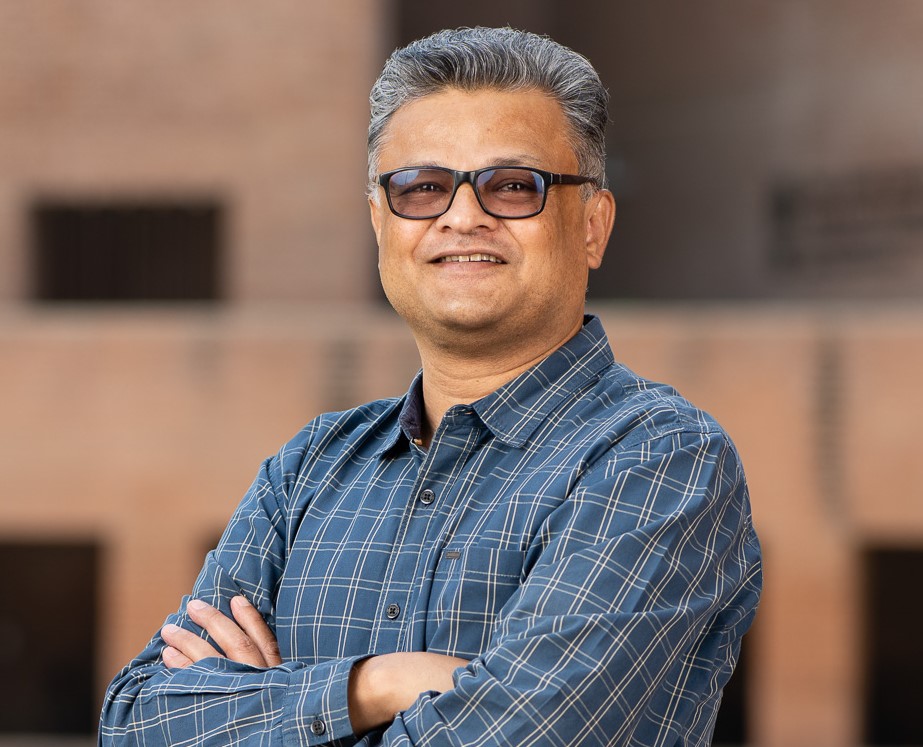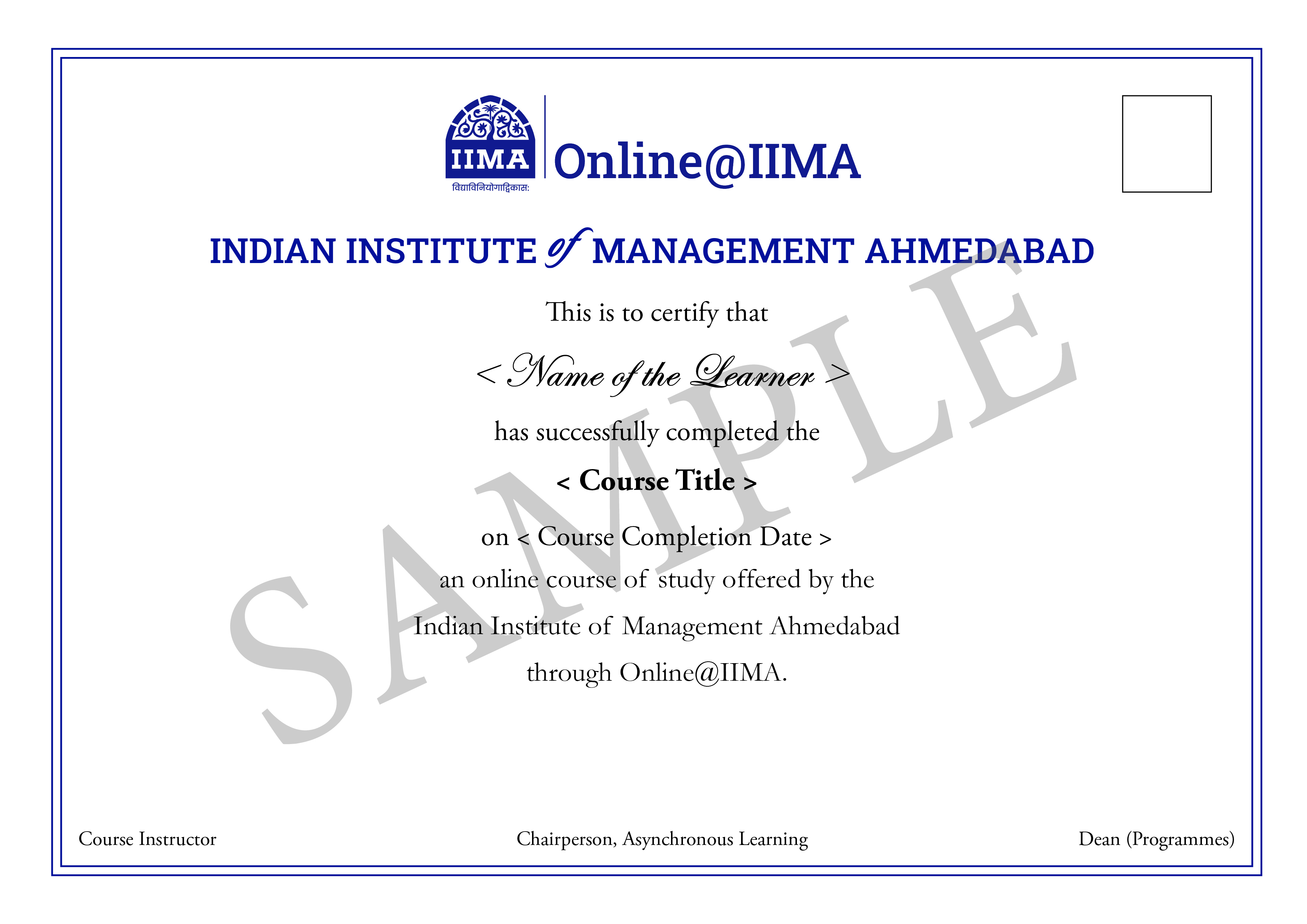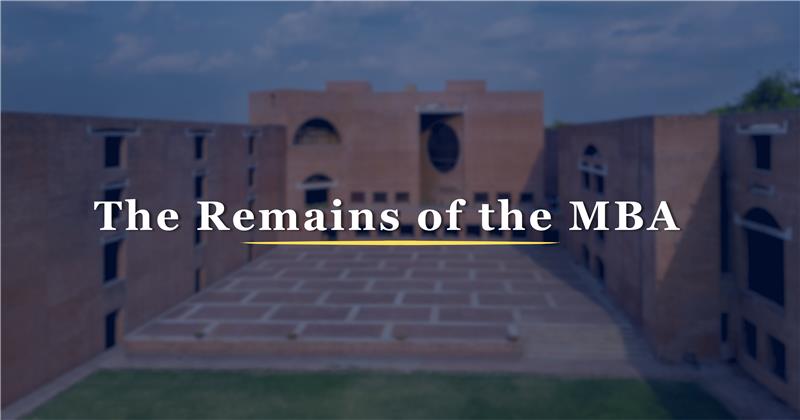Prof. Deodhar teaches economics at the Indian Institute of Management Ahmedabad (IIMA). He has a Bachelor’s and a Master’s in Economics from the Gokhale Institute of Politics and Economics and a PhD in Agricultural Economics from The Ohio State University. Apart from being the recipient of the Outstanding PhD Dissertation Award from the Food Distribution Research Society, USA, he was honored with the Distinguished Young Professor Award for Excellence in Research by IIMA (2008) and the Dewang Mehta National Education Award for Best Professor of Economics (2012 & 2015) by Business School Affaire
Prof. Deodhar has worked on imperfectly competitive market structures, World Trade Organization (WTO), agricultural trade, food quality & safety, and CSR issues. Besides, he has conducted research projects for India’s Ministry of Food Processing Industry, Ministry of Agriculture, Indian Bank, and Economic Research Service of the US Department of Agriculture. He was selected as the Hewlett Fellow of the International Agricultural Trade Research Consortium during 2006–2008. He has published research papers in national and international journals and has authored quite a few monographs. The publisher Penguin Random House has brought out 3 books authored by Prof. Deodhar. One of the books, Day to Day Economics, has gone on to become a national bestseller in the non-fiction category
Prof Deodhar has taken keen academic interest in economic ideas emanating from ancient Indian literature. His recent book, Economic Sutra brings out the economic ideas expressed in literature spanning from Ramayana to Mahabharata, Vedas to Upanishads, Arthashastra to Shukraniti, and Puranas to Sanskrit plays. A paper based on the theme of this book has appeared in the renowned journal The Annals of Bhandarkar Oriental Research Institute (BORI). Another paper titled Hindu Economic Ethics is forthcoming in The Oxford Handbook of Religion and Economic Ethics. Yet another paper throws light on the role of gold in the Indian economy through several millennia. Prof. Deodhar’s efforts had resulted in bringing out commemorative postal stamp and envelope in memory of the great 18th century Indian statesman, Bajirao Peshwa I
Prof. Deodhar was the first Convener of the computerised Common Admission Test (CAT) conducted by IIMs for admissions to the business schools. His pioneering work in converting CAT into a computer based test (CBT) was replicated subsequently for other admission tests such as Joint Entrance Examination (JEE) of the IITs. He has donned many administrative responsibilities at IIMA. He has been the Chairperson of Admissions, MBA programmes, Placements, and was also the Warden. Currently, he holds the office of Dean (Faculty) at IIMA. He is the Founding Member of Pune International Centre (PIC), serves on the advisory board of Savida Agricom, and was on the board of Asian Granito as an Independent Director
 Prof. Satish Deodhar
Prof. Satish Deodhar 






 Skill Level
Skill Level Language
Language Certificate
Certificate Fees
Fees
 Start Date
Start Date
 Duration
Duration





